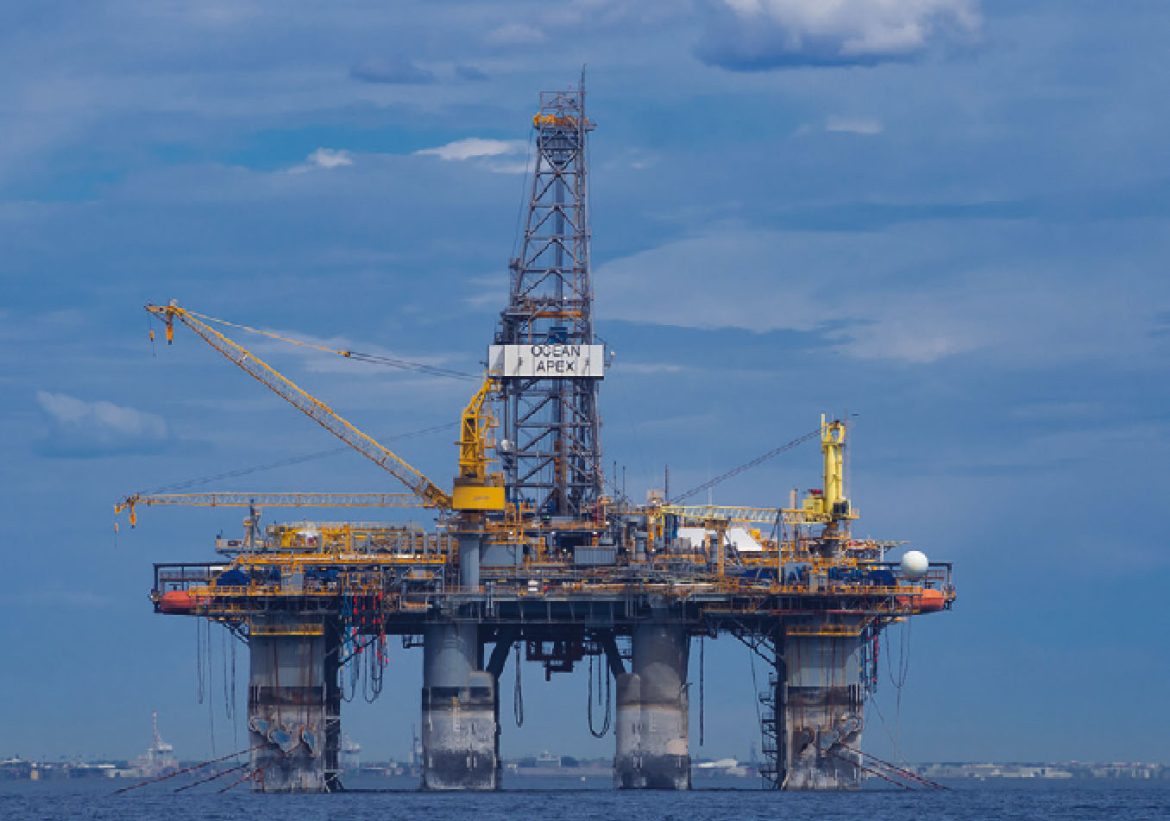Oil prices have been on a downward trend for the past three weeks, as signs of weakening demand from major consumers such as China, the US and Europe overshadow the geopolitical tensions in the Middle East. Brent crude, the global benchmark, dropped below $81 a barrel on Monday, after losing about 12% since late September. West Texas Intermediate, the US marker, traded near $76 a barrel.
The decline in oil prices reflects the growing uncertainty about the outlook for the global economy, which has been hit by the resurgence of the Covid-19 pandemic, supply chain disruptions and inflationary pressures. The International Energy Agency (IEA) and OPEC, the oil producers’ cartel, have both lowered their forecasts for oil demand growth this year and next, citing the impact of the virus and the slow pace of vaccination in some regions.
The IEA will publish its monthly market report on Monday, followed by OPEC on Tuesday and two weeks’ worth of US inventory data later this week. Analysts expect the reports to show a mixed picture of the oil market, with some tightness in supply due to the voluntary production cuts by OPEC and its allies, but also signs of demand destruction, especially in the transportation sector.
The conflict between Israel and Hamas, which erupted on October 7, has not had any direct impact on oil flows from the Middle East, the source of about a third of the world’s crude. However, the war has raised the risk of a wider regional escalation, as Israel has also launched airstrikes on Hezbollah targets in Lebanon and Iran-backed militias in Syria. The US and Israel have also hinted at the possibility of reviving the nuclear talks with Iran, which could lead to a lifting of sanctions on the country’s oil exports.
Meanwhile, Iraq, OPEC’s second-largest producer, is trying to resolve a dispute with its semi-autonomous Kurdistan region over the resumption of oil exports via a pipeline to Turkey, which has been halted since March due to technical and political issues. Iraq’s oil minister, Hayyan Abdul Ghani, is visiting Kurdistan this week to discuss the matter, which could add more barrels to the market if resolved.
Some analysts, such as Goldman Sachs, remain bullish on oil prices in the medium term, expecting demand to recover as the pandemic eases and supply to remain constrained by underinvestment and environmental regulations. The bank has cut its average Brent price forecast for next year by $6 to $92 a barrel, but still expects demand to grow by 2.5 million barrels a day in 2023 and 1.6 million barrels a day in 2024.
Others, however, are more cautious, noting that the oil market is facing a lot of uncertainty and volatility, and that the balance between supply and demand could shift quickly depending on the evolution of the virus, the economic recovery and the geopolitical situation. For now, oil prices seem to be stuck in a wait-and-see mode, as traders look for more clarity from the upcoming reports and data.
Source: Energy Connect



